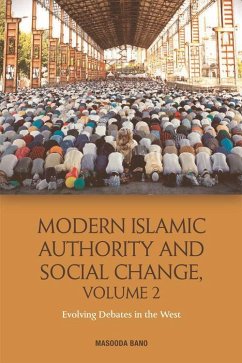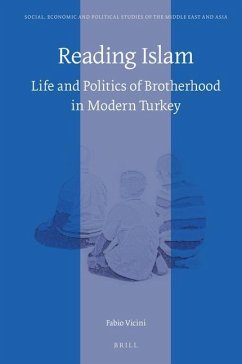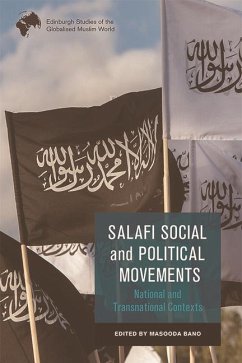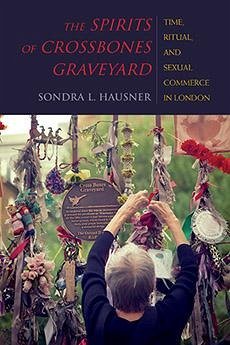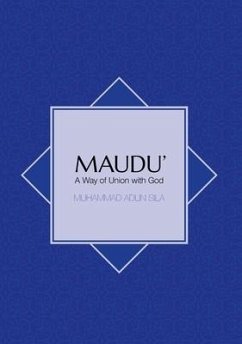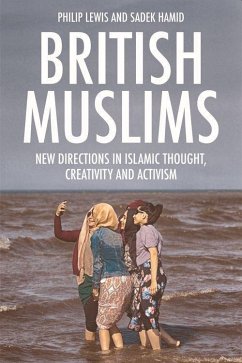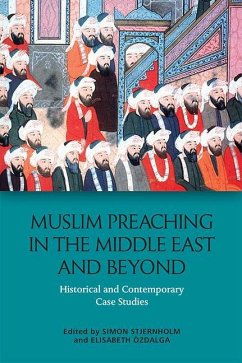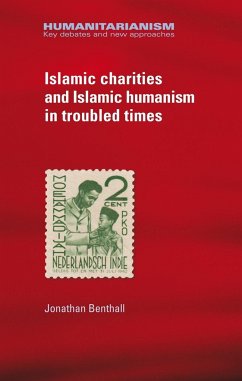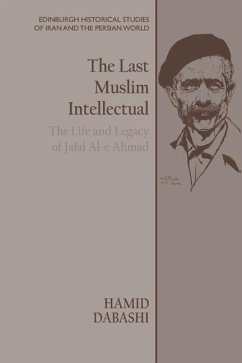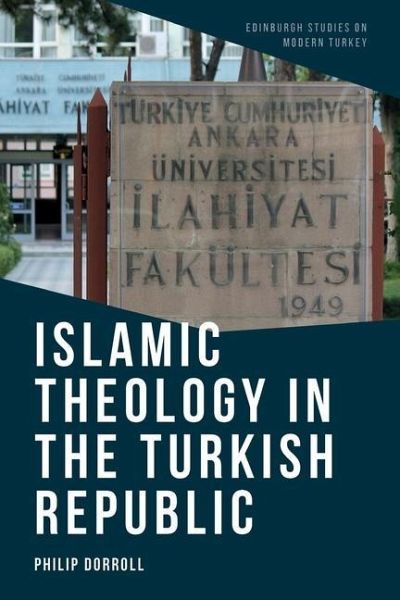
Islamic Theology in the Turkish Republic
Versandkostenfrei!
Versandfertig in über 4 Wochen
29,99 €
inkl. MwSt.
Weitere Ausgaben:

PAYBACK Punkte
15 °P sammeln!
A thematic exploration of modern Turkish theology Philip Dorroll argues that Turkish Islamic theology is in fact a distinct tradition of Islamic theological thought, shaped by the unique social conditions of the Turkish Republic. Tracking the emergence and development of this tradition over time, he examines the key themes of theology in the Turkish Republic, ranging from issues such as nationalism, conceptions of God and humanity, the definition of religion itself, and theologies of human rights, gender and sexuality. In doing so, this book provides an important historical and conceptual map ...
A thematic exploration of modern Turkish theology Philip Dorroll argues that Turkish Islamic theology is in fact a distinct tradition of Islamic theological thought, shaped by the unique social conditions of the Turkish Republic. Tracking the emergence and development of this tradition over time, he examines the key themes of theology in the Turkish Republic, ranging from issues such as nationalism, conceptions of God and humanity, the definition of religion itself, and theologies of human rights, gender and sexuality. In doing so, this book provides an important historical and conceptual map to the vast territory of modern Turkish theology. Key Features - Includes extended analyses of numerous late Ottoman and modern Turkish Muslim theologians, such as İsmail Hakkı İzmirli, Bekir Topaloğlu, Hüseyin Atay, Hayrettin Karaman, Sönmez Kutlu, Hidayet Şefkatli Tuksal, Hülya Alper and Emine Öğük - Explores how modern Turkish theologians have grappled with questions of critical and humanistic analyses of religion, questions of human rights, gender and sexuality (such as Muslim LGBTQ identity), and theological arguments for secularism and democracy - Based on a range of Turkish language theological sources not available in English and never before analysed in English




